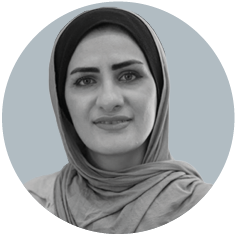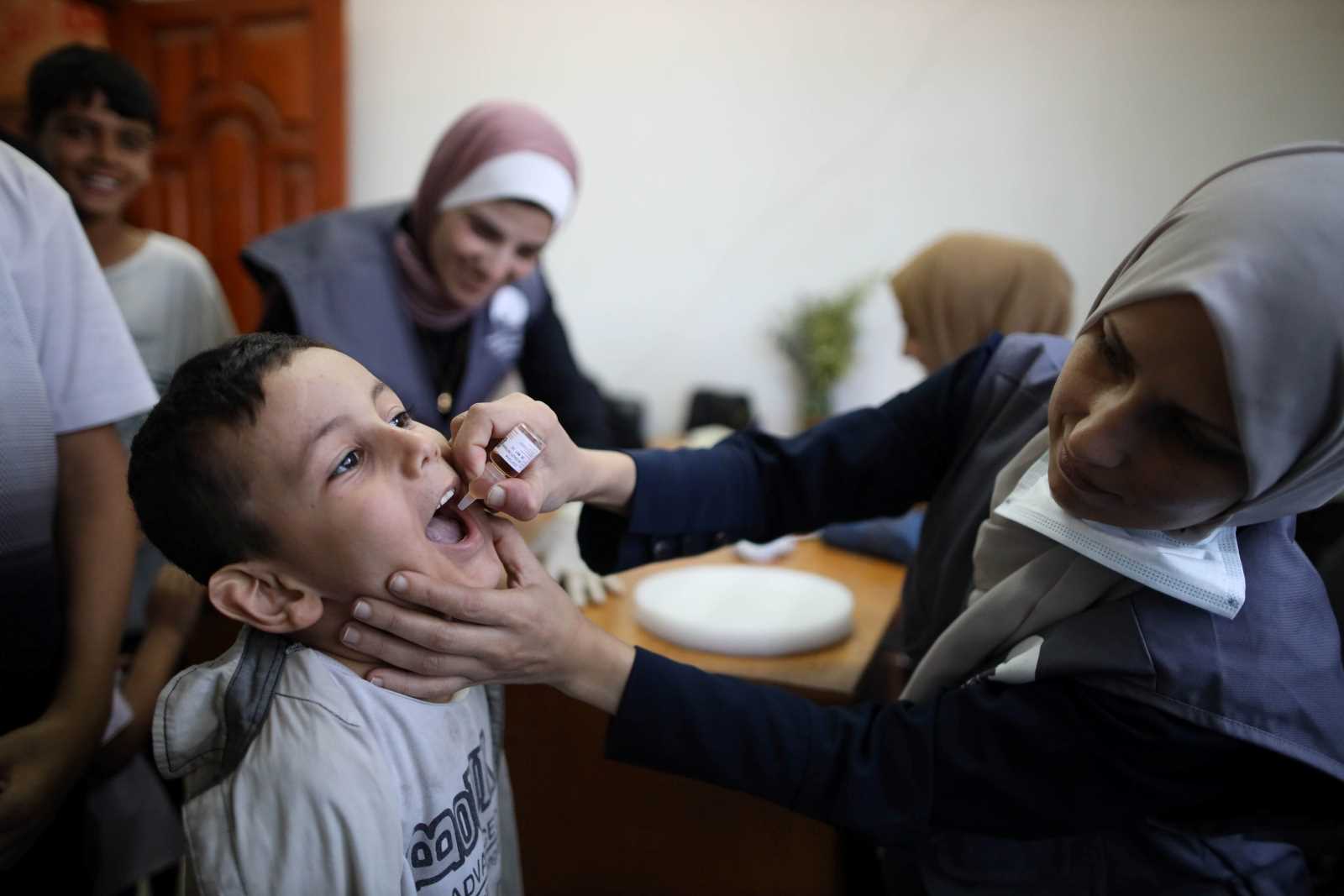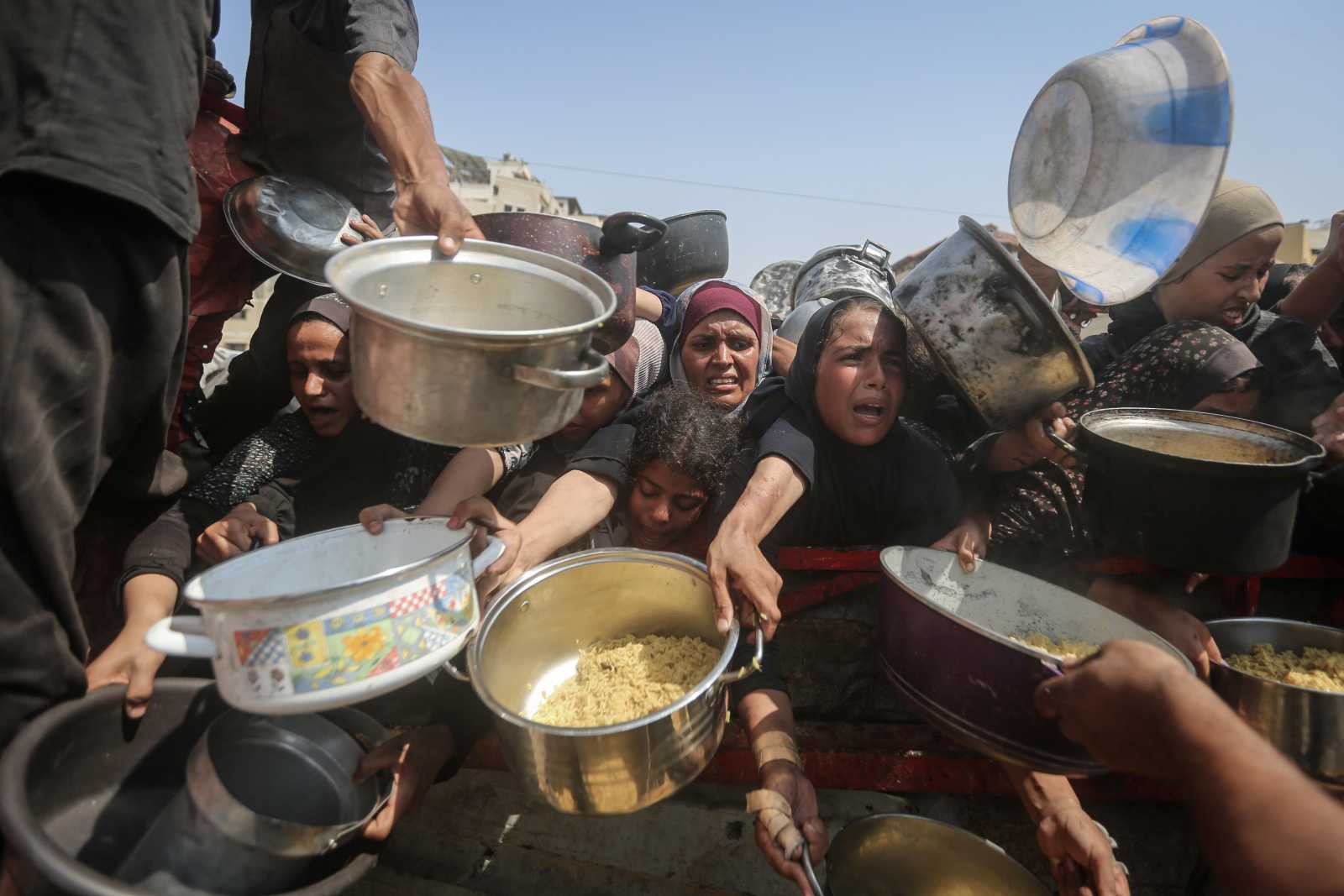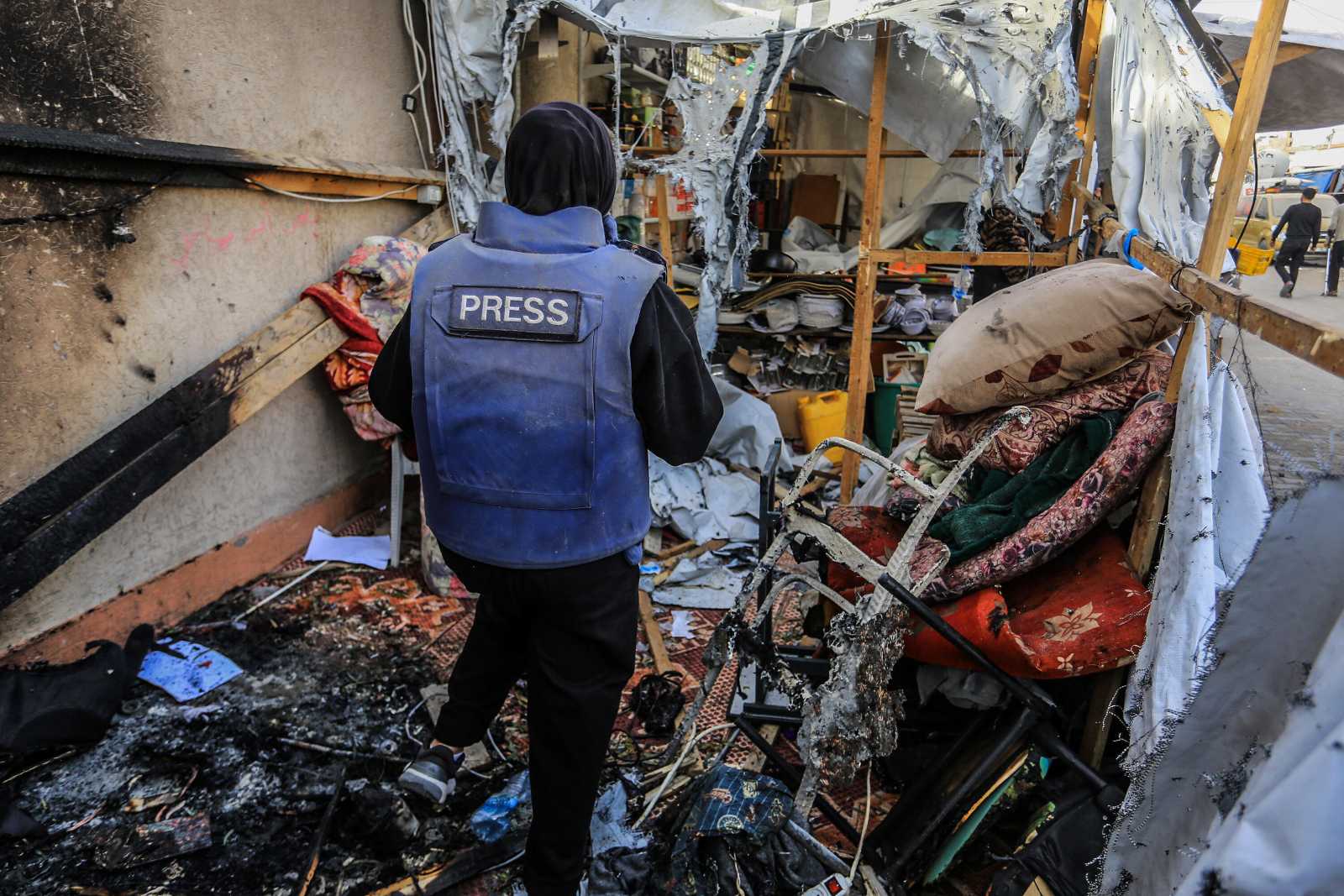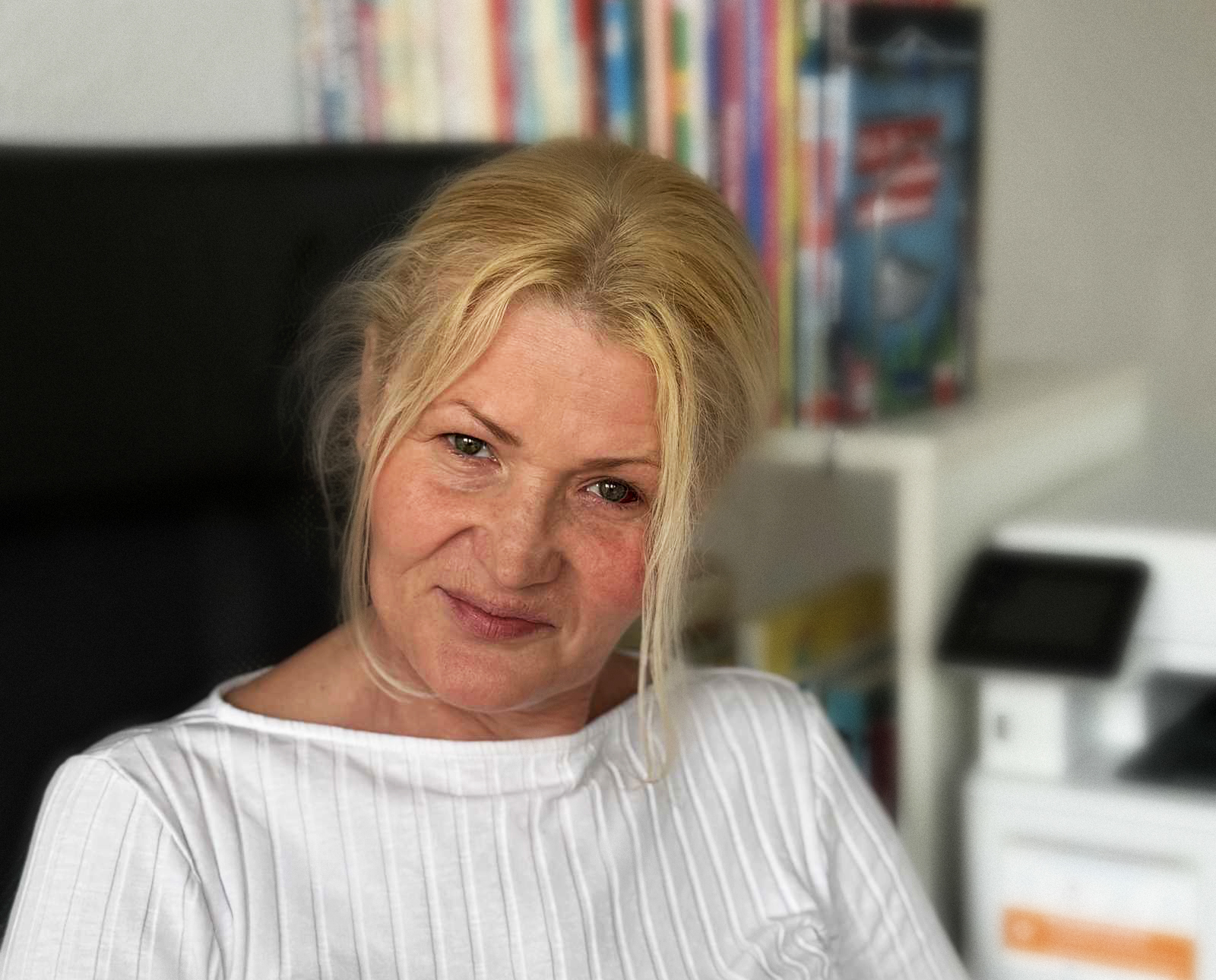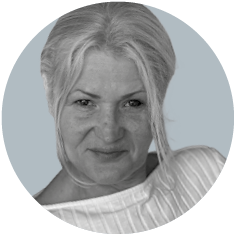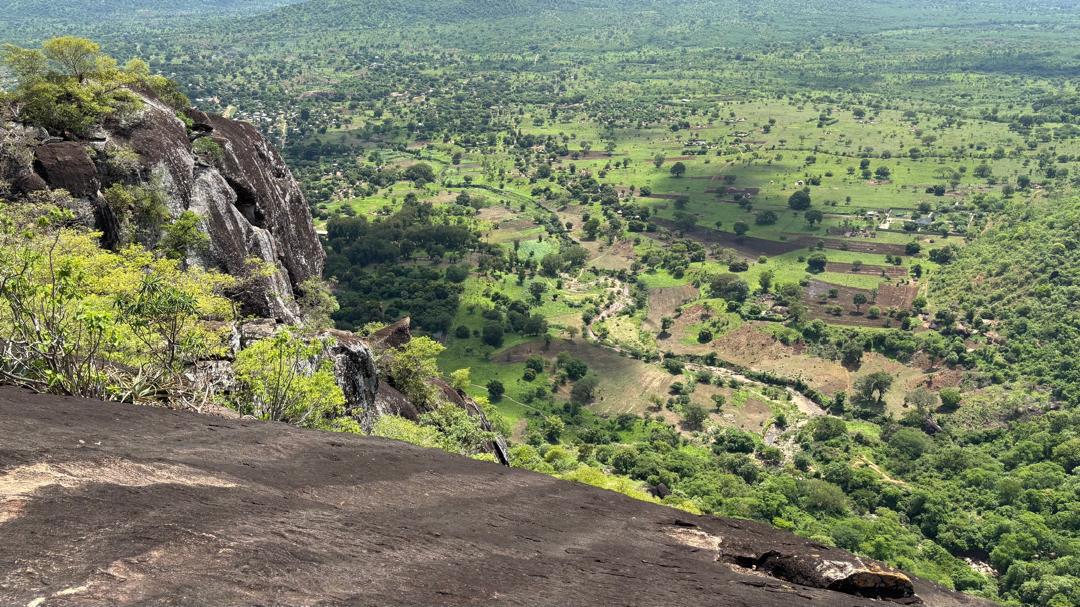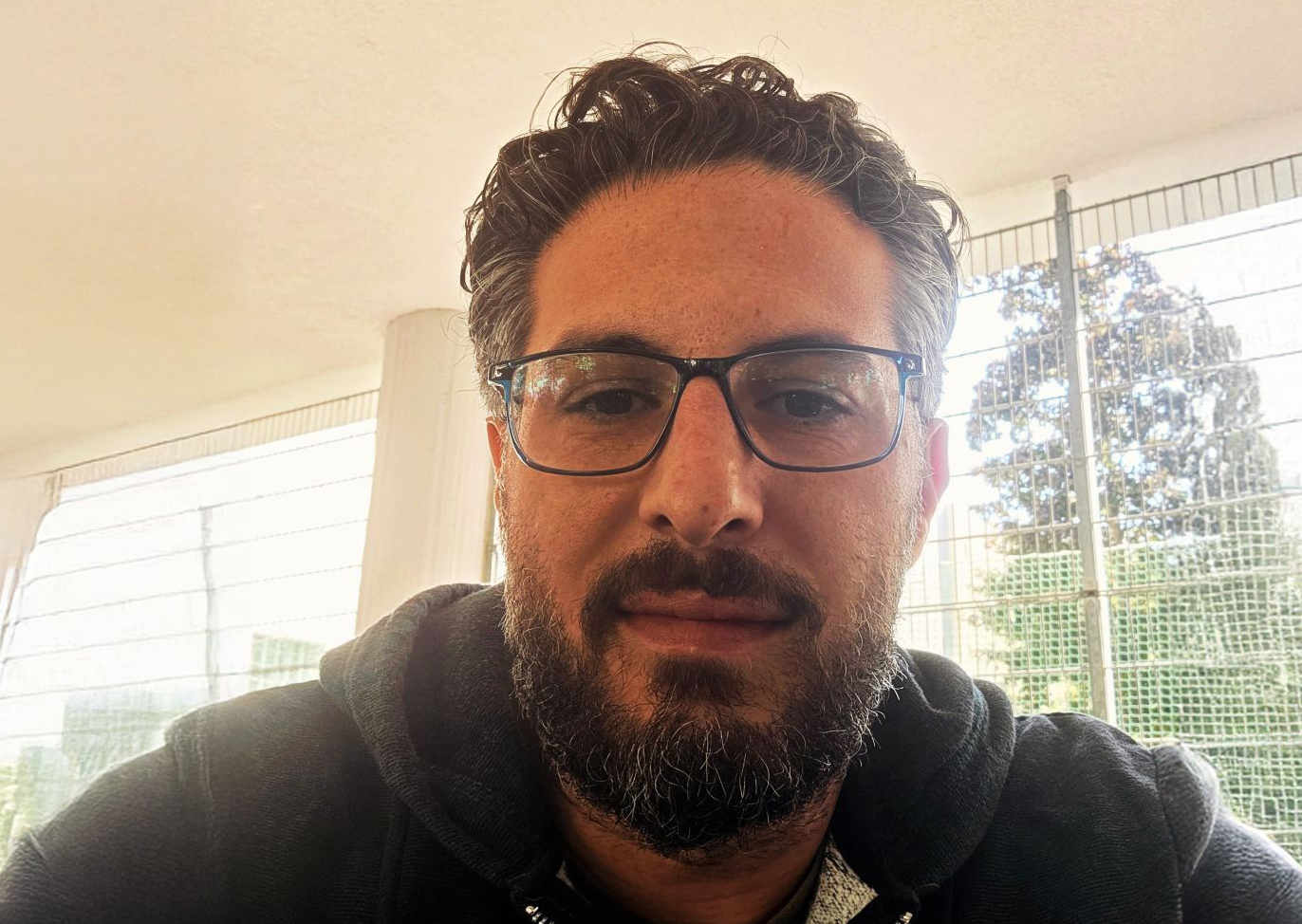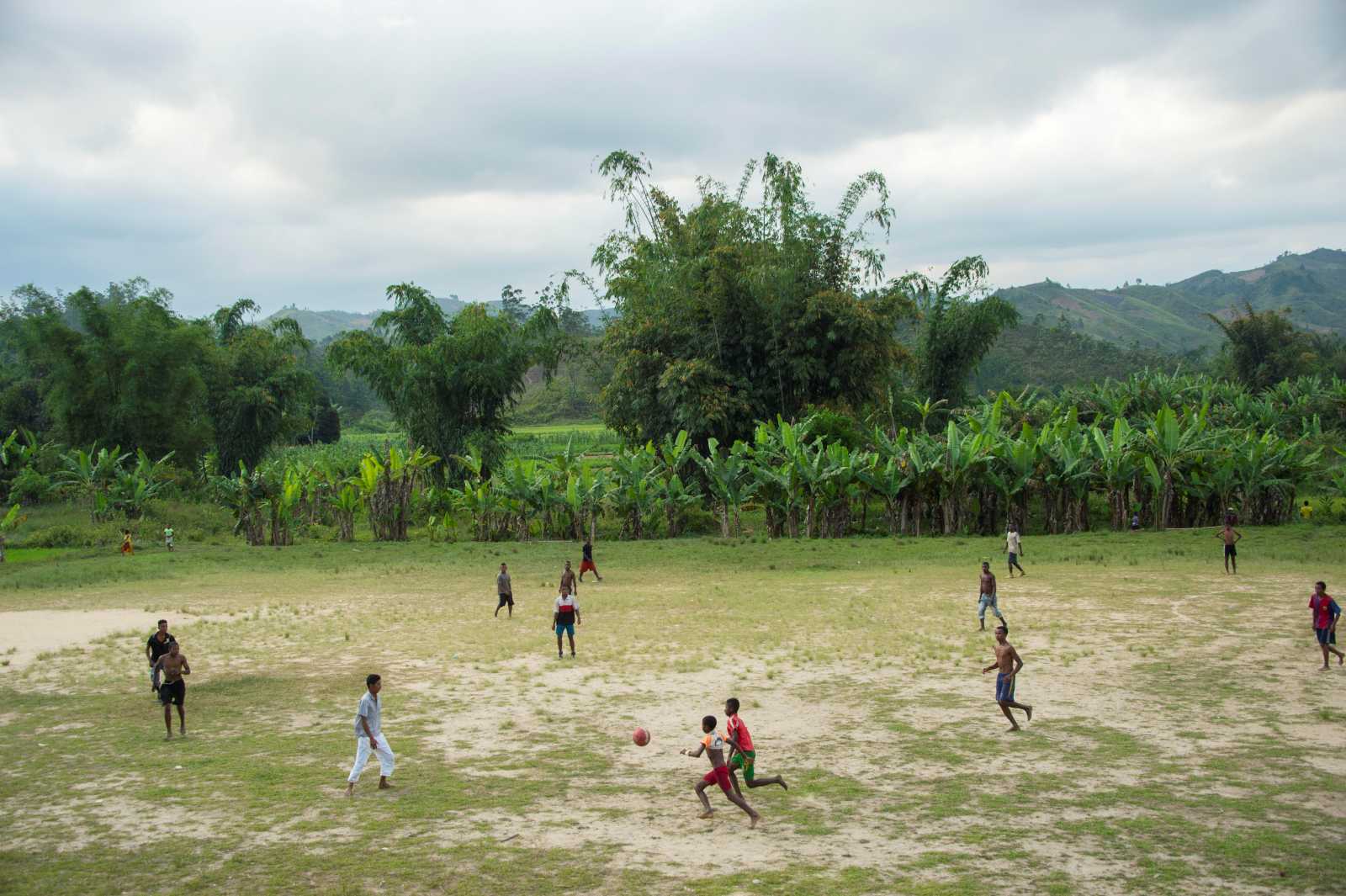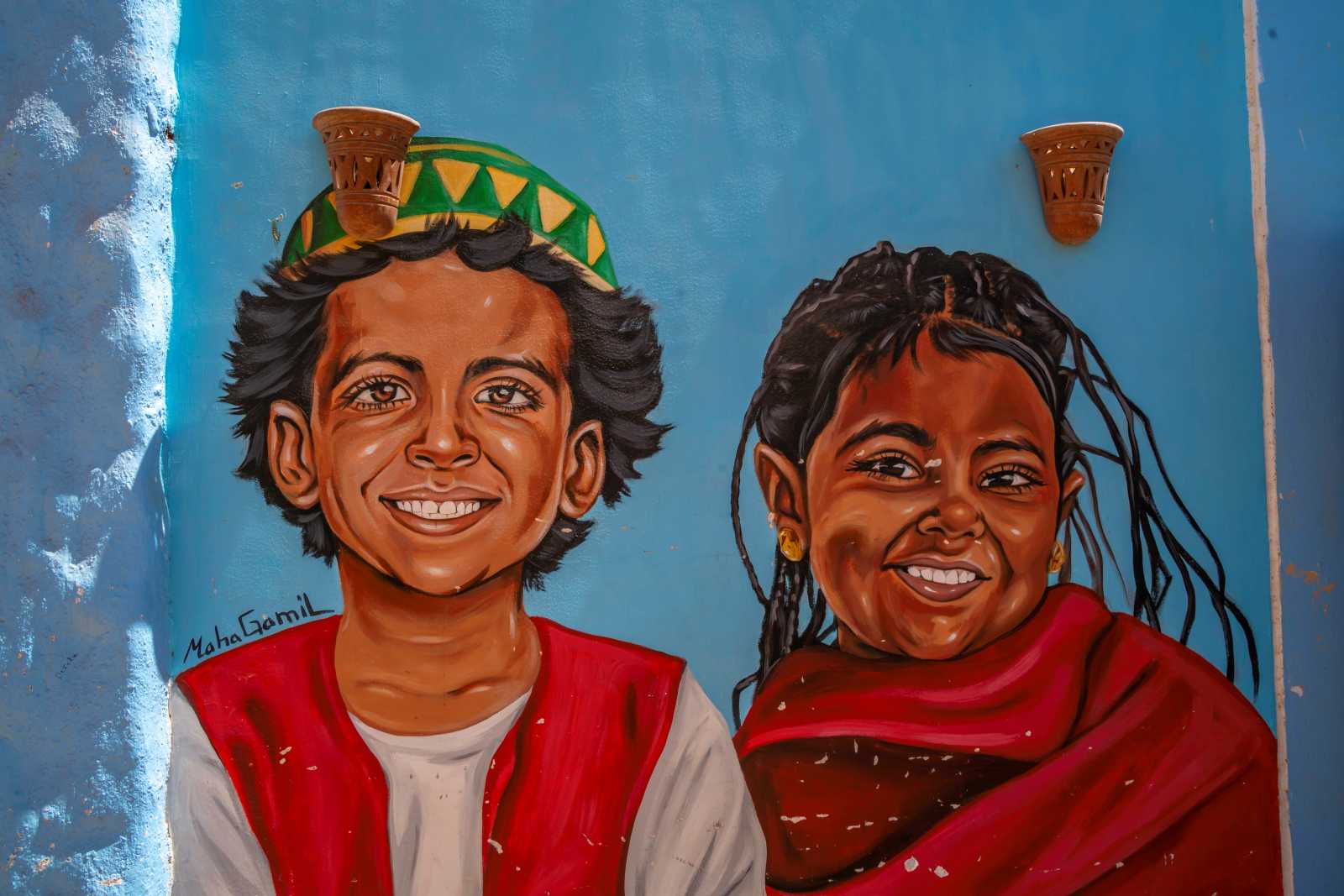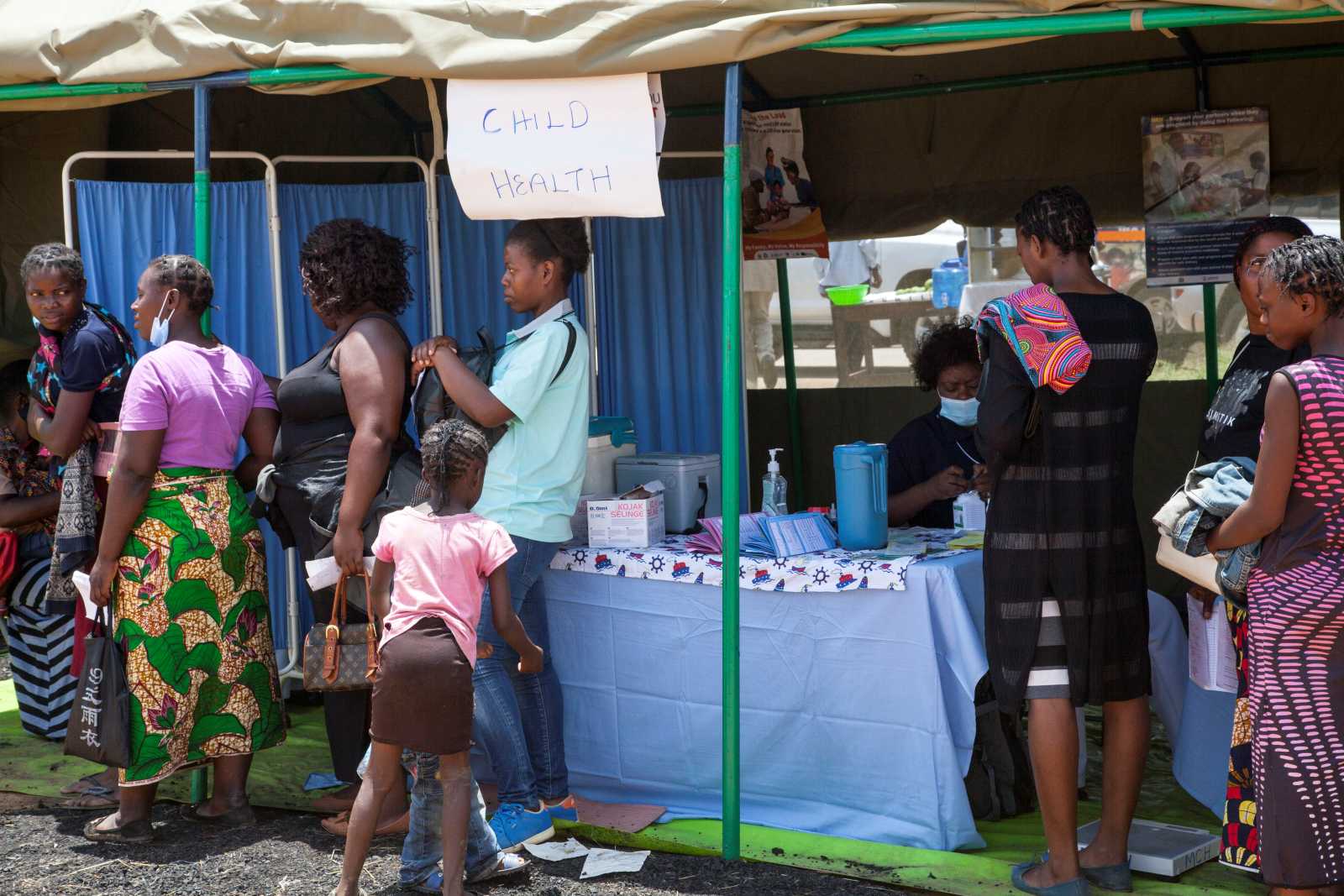War
When I left Gaza City, I left my heart beneath the rubble
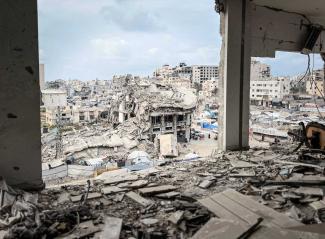
The decision to leave Gaza City was difficult. Gaza City is not just a place for me – it is my life. Being forced to leave felt like having my soul stolen, or like being buried alive.
On 26 September, I experienced what I had always feared: being displaced from Gaza City. I was displaced from my home in the Al-Tuffah neighbourhood and did not really have the chance to say goodbye.
I wish I could embrace its walls, throw myself onto its floor, kiss its cold tiles, which are witnesses to my life story. I wanted to wave to it from afar, as befits a place that has surrounded me in every moment of love, fear, sleepless nights and joy. I wanted to tell it to stay strong, not to worry about the random bombings, to protect its walls, which carry the warmth and love of all my years.
Before the displacement, I didn’t realise that I loved my house so much, that it wasn’t just walls, but my home and my first love. I spent nights thinking about it, about its little details, its windows that opened onto life, and I wondered: Is it still standing? Can it still embrace us?
Yes, our house has a tender heart. It has held us up in our darkest moments, witnessed our small joys and simple successes and warmly sustained us despite all the cruelty. The houses in Gaza City are not silent stones – they are beings of flesh and blood, resembling their inhabitants in their patience and deep love for life, the life they deserve.
Human slaughterhouses
Two weeks before we were forced to leave, on 13 September, I was walking with my family near Tamraz station on Al-Nafaq Street, heading towards Al-Mushahara Street. Suddenly, a quadcopter dropped an explosive bomb on the street. The bang of the explosion was deafening. I ran with my mother, my brother Sameh and my brother Mohammed’s wife to a nearby mechanic’s shop.
Within seconds, I felt a sharp pain in both feet. Soon, blood was spurting from my right and left foot and also from my side. I wasn’t the only one who was injured – I found my brother Sameh bleeding and dazed, and my mother was bleeding all over her body. Nevertheless, she desperately tried to check on all of us.
We stayed with the mechanic for half an hour without an ambulance arriving, until some young men volunteered to bandage our wounds tightly to stop the bleeding. We then found a private vehicle to take us to the hospital. But even there, it wasn’t easy – the medical teams were faced with a flood of injured people, and everyone had to wait their turn.
I couldn’t hold back my tears. I cried harder than I had ever cried before – as if everything that had been building up inside me was suddenly bursting out. I felt the terrible fear that had accompanied me since the beginning of this war: fear that a piece of shrapnel had hit an artery, that my foot would have to be amputated. At that moment, I thought I would prefer death to the loss of a limb.
When the doctor arrived, she sent me for an X-ray. I could barely walk to the room. The X-ray machine had to be charged. I waited half an hour for the machine to charge and was lucky to be the first one in line. Afterwards, I had a bandage put on and went home exhausted.
But my injury to my left foot started bleeding heavily again, so I went to another hospital, the Al-Shifa Medical Complex, as it was close to where I was staying. There, it turned out that my wound needed to be cleaned, sterilised and stitched with several stitches. During this, I lost consciousness due to exhaustion and fatigue.
The scene at the hospital resembled a massacre: the corridors were filled with wounded people whose faces were covered in blood, and screams filled the room. I stood next to a wounded man who was lying on the floor, screaming in pain as he called out for his fiancée, who had just lost her life. Next to him, a mother was crying and begging for her bleeding son to be saved.
I felt like I was no longer in a hospital, but in a human slaughterhouse, where open wounds and pain exceeded the limits of human endurance. In Gaza, you can consider yourself lucky if you enter a hospital and leave it with your body intact.
If we hadn’t been injured, or if we could have at least received basic treatment, we would definitely have stayed in Gaza City. But the pain of our injuries, the difficulties in receiving treatment and the lack of medication ultimately forced us to flee reluctantly. I did not flee my city – I fled from the pain I could no longer bear, from a reality that was becoming harder than I could endure.
A bitter first night on the run
When it was time to travel south, I walked slowly, tears in my eyes. I said goodbye to the streets of the city, covered in rubble and smoke, and with them, to a part of my heart. I didn’t know if I would return, but I was sure that displacement is not just a physical relocation – it means losing your roots, your memories and your sense of self. That day taught me that displacement leaves traces not only on your feet, but above all in your heart.
It was difficult for us to find a place to spend our first night. We ended up in a car garage with a cold floor that resembled neither a house nor a shelter. We were just looking for a corner that would protect us from the night.
We also managed to fill the water barrel we had brought with us from Gaza City. It was a precious treasure we were transporting between fear and hope. But at midnight, as we tried to catch our breath after a long, exhausting day, the barrel suddenly exploded. I don’t know how or why, but the water shot out and flooded everything: clothes, blankets, mattresses, the warmth we had tried to create.
The grease and oil that stuck to the garage floor mixed with our clean clothes and rendered them unusable. We sat there for a long time that night and cried – more out of helplessness than pain. Our first night in exile was bitter and painful – far away from our beloved city, drowning in the only water we had.
I’m afraid to hope
When negotiations resumed and there was talk of a ceasefire or temporary truce, I followed every news report with great anxiety and caution. I no longer trust so easily. I became afraid of hope itself, as if it had become a new trap. They disappointed us so much, playing with our feelings over and over again, until we no longer believed in anything.
We were afraid to believe, because believing meant being disappointed again, being broken again, when we could barely stand on our feet. When the ceasefire was announced, we felt nothing. We had lost our ability to feel joy, just as we had lost everything else before. What came over us was not reassurance, but a quiet fear that the war would return at any moment and devour what was left of us.
This article was published in cooperation with @Egab.
Ansam Al-Kitaa is a Palestinian journalist from the Gaza Strip working in print, radio, and mobile journalism. She specialises in stories documenting civilian experiences during crises.
euz.editor@dandc.eu
